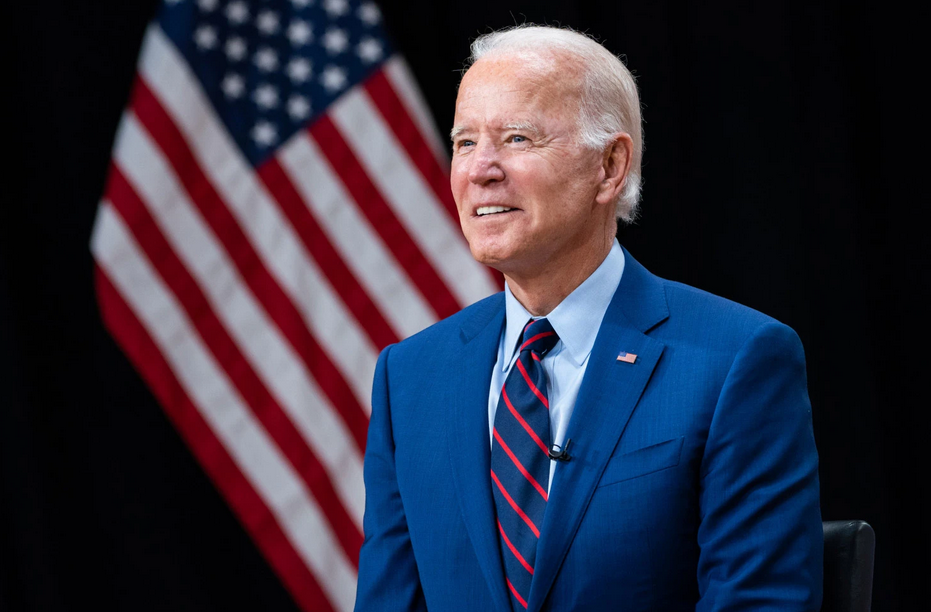In the realm of American politics, a seismic shift is underway among Black voters, reshaping the landscape of support for President Joe Biden. Recent polling data, including insights from an ABC News-Washington Post poll conducted from April 28 to May 3, 2023, reveals a striking decline in Biden’s approval among Black voters. From a formidable 82% approval rating at the onset of his presidency in 2021, the numbers have nosedived to a mere 52%. This 30-point downturn marks a historic low for Biden, indicative of a broader discontent within the Black community.
Biden faces broad negative ratings at start of campaign, Post-ABC poll finds https://t.co/EzFKbDbNd9
— Senator John Cornyn (@JohnCornyn) May 7, 2023
However, this divergence isn’t just a knee-jerk reaction to current events. It mirrors a profound realignment with conservative values, particularly in the realm of economic policy. The Black community, once a stronghold of Democratic support, is witnessing a surge in allegiance to conservative principles. This trend is not limited to the realm of political symbolism; it signifies a deeper resonance with the core tenets of conservatism.
Key among these principles is the emphasis on fostering a pro-business environment. Black voters are increasingly aligning themselves with the idea of economic policies that stimulate growth and stability. The conservative stance advocating for lower taxes and reduced regulatory burdens strikes a chord with aspirations for prosperity within the Black community. It’s a departure from the conventional narrative, showcasing a desire for self-reliance and individual responsibility over dependency on government assistance.
The numbers tell a compelling story: 27% of Black voters are now considering or definitively planning to support former President Donald Trump. This marks a significant uptick from his 12% support in the 2020 presidential election, underscoring a growing influence of conservative ideals within the Black demographic.
As this shift unfolds, it challenges long-standing assumptions about the political affiliations of the Black community. The evolving dynamics signal a broader recalibration in the political landscape, prompting both major parties to reassess their outreach strategies.
In the complex tapestry of American politics, the Black vote emerges as a critical pivot point, reshaping alliances and redefining the contours of influence. The journey ahead promises to be intriguing as political analysts decipher the nuanced motivations propelling this transformative shift.

